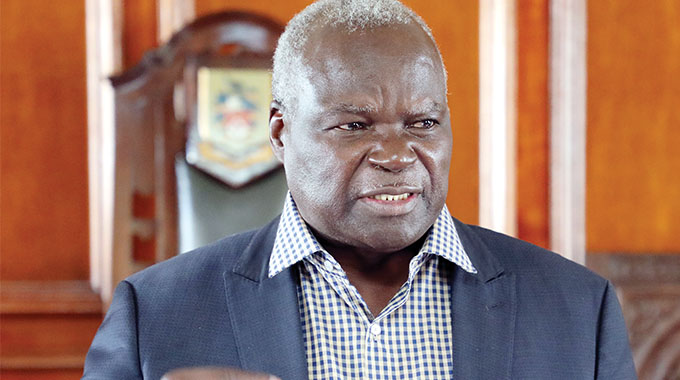THE Basic Education Assistance Module (BEAM) has reached over one million school children this year, the minister of Public Service and Social Welfare, July Moyo has said.
Out of a targeted 1.5 million school children for the year, Moyo, who is the ruling ZANU PF party Social Protection Pillar chairperson, said 1 071 259 children – comprising 557 482 females and 513 777 males from both primary and secondary schools – were benefiting from the scheme.
The party is holding its annual national conference in Bulawayo under the theme, industrailise and modernise towards attainment of Vision 2030. Moyo said this milestone was achieved after government allocated ZWL50 billion to BEAM during the first quarter of 2024, in line with last year’s resolution of the party’s conference.
Moyo said the allocation helped clear tuition, levies and examination fees for 2022 and part of 2023 and part payments for some special schools of children with disabilities in 2024.
“The higher number of the girl-child receiving educational support demonstrates the government’s commitment to fostering gender equality and reduced inequality as evinced by SDG 5 (Gender Equality) and 10 (reduced inequality),” he said.
“The programme has significantly contributed to the 93.7 percent national literacy rates as reported by ZIMSTATS (2023) and the 84 percent and 86 percent education completion rate for boys and girls, respectively in line with SDG 4 (quality and inclusive education),” he said.
To reduce inequalities further, Moyo said special education skills development for children with disabilities is provided in special schools, resource units and mainstream ordinary classes where disability is mainstreamed.
“Despite these achievements in retaining children in school under the BEAM, there is a delay in release of funds by the Treasury, such that the ministry owes schools fees for 2023 and 2024. This has affected the smooth administration of schools and will in turn negatively impact on children’s education,” he said.
In response to the El-nino induced drought, Moyo said the school feeding programme has been strengthened and included in the annual budget with the government allocating 27 775,06 metric tonnes per term for both rural and urban schools.
He said 4 283 out of 6 004 schools have so far benefited from the programme for the 2024 third term, resulting in a sharp decline in absenteeism and dropouts. “Treasury released ZIG 15 million for the school feeding programme to meet noncarbohydrate requirements in the provision of balanced school meals.
The money was distributed to all the 10 provinces on a prorata basis,” said Moyo. Turning to other interventions for child protection, Moyo said the National Case Management System for the Welfare and Protection of Children assisted 66 535 children (26 614 males and 39 921 females) with care and protection services helping to create a conducive environment for their growth and development. “In addition, children in ultra-poor households are provided with food during times of drought, cash transfers, and health assistance,” said Moyo.
“This year alone, 1 086 130 children have been reached with food assistance of which 11 687 are children with disabilities. All these programmes are provided to ensure children achieve all set developmental milestones, in line with SDG 3 (health and wellbeing and 4 (quality and inclusive education).” — New Ziana
